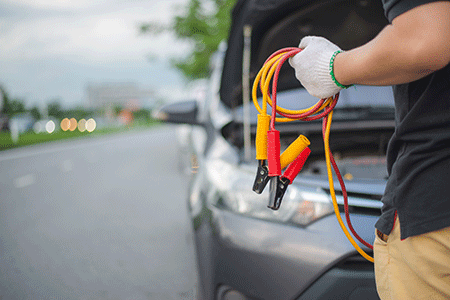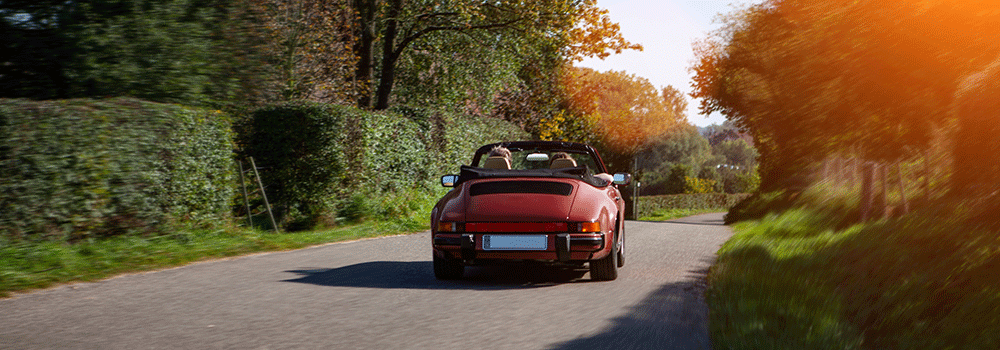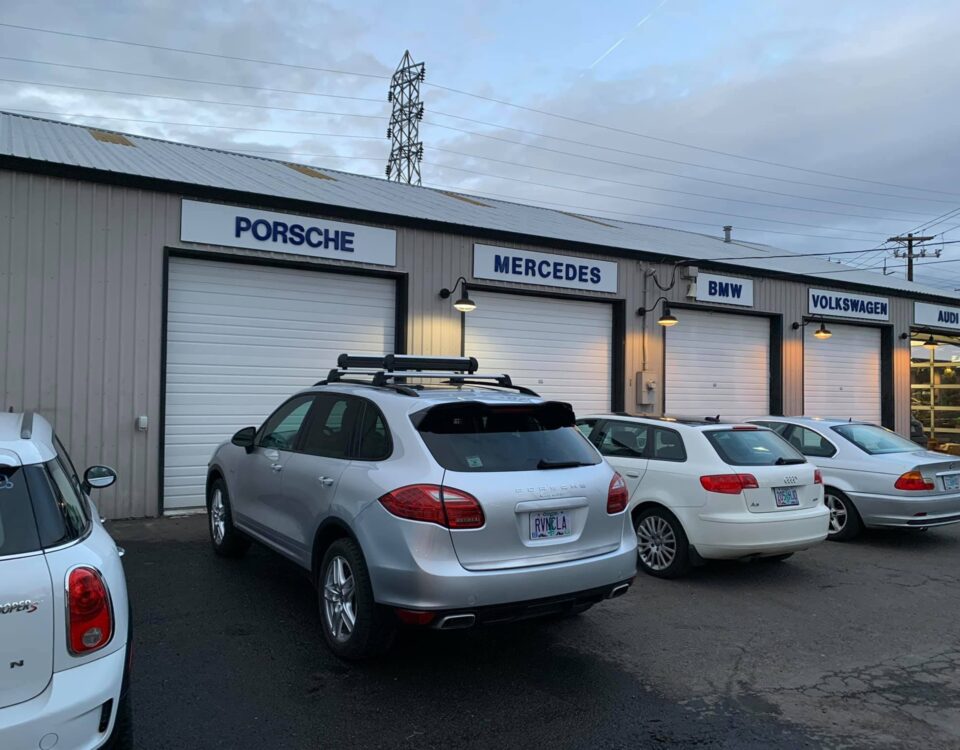
Automotive Innovation: The Weirdest Ways to Transport Cars
October 14, 2019
How To Prepare for Oregon Winter Road Trips
October 28, 2019Porsche: Reliable and Durable
The Porsche brand is often associated with reliability and durability. However, like any vehicle, Porsches require regular maintenance and periodic repair. Make sure to find a reputable auto repair shop that specializes in Porsche repair and maintenance to keep that beauty in excellent condition. Here are some of the most common issues that Porsche owners face during the lifetime of their vehicles.
Common Porsche Issues
While each car is bound to have its unique problems, Porsche owners encounter specific issues more often than the rest.
The Check Engine Light
The check engine light is one of the most common issues with modern Porsches. The check engine light is an indicator light for the on-board diagnostic (OBD) system for the engine control unit. Porsche owners often refer to the engine control unit as the “digital motor electronics” (DME). Porsche models from the late 1980s until about 1995 could only monitor basic engine sensors and DME functions. The first OBD systems only stored fault codes and turned on the check engine light if a sensor completely failed.
In 1996, the United States Environmental Protection Agency implemented OBD-II protocols for all 1996 model-year vehicles. The new OBD-II protocols required that manufacturers ensure that countermeasures exist to protect the catalytic converters. OBD-II standards include mandatory monitoring of catalytic converter function and on-board misfire detection. Additionally, the EPA requires that the OBD monitors fuel vapor recovery and evaporative emission control systems. As a result, check engine lights are much more likely to be illuminated in newer Porsche models.
The check engine light can illuminate for small issues, such as a loose gas cap, but it can also indicate much more extensive problems. A steady check engine light is likely not any cause for concern, at least not an emergent one. However, if the check engine light flashes, make sure to get the Porsche looked at by a reputable auto repair shop as soon as possible. A flashing check engine light may indicate a cylinder misfire which can result in damage to the catalytic converter if not addressed promptly.
Oil Leaks
Older air-cooled Porsche engines have a high rate of thermal expansion and contraction as well as a good amount of sealing surfaces. Combine those two factors, and Porsche owners get multiple potential oil leaks. The most common leaks for air-cooled 911 models occur in the lower valve cover gaskets, the rocker arm shafts, and the oil return tube seals.
Water-cooled Porsches often leak oil from the camshaft housing seals, front engine oil seals, and engine oil pan gaskets.
The Boxter and 996 Porsche engines are known to leak oil from the rear main crankshaft seal and the intermediate shaft flange seal. However, compared to their predecessors, the M96 and M97 engines do not have many other common oil leaks. Similarly, the Cayenne and Panamera engines are relatively leak-free. The most common oil leak issue with Cayenne and Panamera engines occurs near the front timing covers. Sometimes the aluminum bolts used to secure the covers can fail, leading to oil leaks.
Dead Batteries and Starting Issues
Another common Porsche issue has more to do with the frequency of use than it does with an actual problem with the vehicle. Often, Porsches are not a motorist’s primary vehicle and, as a consequence, don’t see as much regular operation as other vehicles. If the Porsche is left unused too frequently, the car’s battery will eventually discharge. Additionally, modern sealed-cell batteries discharge on their own, which exacerbates the problem. Some Porsche owners report dead batteries from modern Porsches from as little as a month of idleness.
The two solutions to discharging Porsche batteries are driving the vehicle more often or installing an “intelligent” battery trickle charger. Frequently dead Porsche batteries can shorten overall battery life. Also, jump-starting a Porsche is not recommended due to the sensitivity of the electronic control modules. Jump-starting possibly damages these components. Another risk to a chronically discharging Porsche battery is an unnecessary strain on the alternator.
Strange Noises
Strange engine noises are not a Porsche problem, exclusively. However, some sounds can be particularly challenging to diagnose in Porsches than other vehicles due to engine design and complexity. For example, it’s often hard to isolate a weird sound in an air-cooled 911 engine due to the variety of noises that usually occur. Additionally, modern Porsches have complicated serpentine belt drives which can often be the source of squealing or squeaking noises.
Water-cooled Porsche engines use hydraulic valve lifters. Hydraulic valve lifters rely on an oil cushion to maintain appropriate clearance. When the lifters lose oil pressure, the excessive clearance will create a tapping noise. This noise is considered normal for Porsches that have been idle for long periods. If the sound is persistent, it’s best to have an experienced Porsche technician take a look.
Uneven Tire Wear
Any Porsche may have uneven tire wear, typically because the wheels are misaligned or because of a suspension wear issue. Rear tires for mid- and rear-engine Porsches only last for 15,000 miles (or less) because the rear tires carry nearly 60% of the vehicle’s weight and drive the car. Additionally, Porsche owners may not notice their vehicle’s worn-down tires at first. That’s because Porsche recommends that the rear wheels tilt significantly more toward the center of the car on top relative to the bottom of the wheel. Over time, the inner edges of the wide rear tire can be worn entirely while the outside edges still show tread. The inner edges of rear tires are hard to see unless the owner gets on the ground or underneath the car.
Make sure to get the Porsche’s tires aligned by a professional. Most discount tire shops align a vehicle’s tires somewhere within the manufacturer’s specifications. However, manufacturer specifications can have a wide range. Unless the Porsche will be driven daily on mountain roads, it’s probably best to have the car’s tires aligned within the more conservative range of manufacturer specifications.


